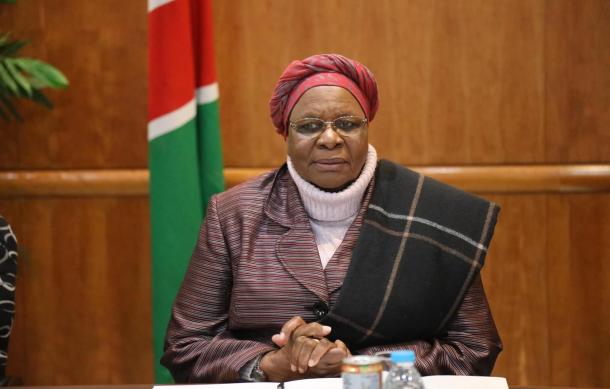
Vice President Netumbo Nandi-Ndaitwah highlighted the significance of investing in education, emphasising its role as a key tool for tackling gender inequalities and fostering socioeconomic development.
She also encouraged a redesign of the African education system to suit today's generation.
In her speech at the Pan African Women's Organisation's (PAWO) 62nd anniversary, Nandi-Ndaitwah stressed the importance of creating and implementing effective and sustainable strategies to enhance the quality of education across the continent by utilising Africa's human and material resources to benefit its people and empower women.
Barriers that hinder access to education for women and girls, including child marriages, violence against women and girls, poverty, and harmful gender stereotypes, still persist despite progress made to address them.
Additionally, Nandi-Ndaitwah emphasised the significance of achieving economic independence and equality for women across Africa.
"Women have transformed communities through their resilience and dedication. From grassroots activists advocating for human rights to healthcare workers on the front lines, women have tirelessly worked to improve the lives of others. Their efforts have resulted in better healthcare, increased access to clean water, and enhanced community development."
The Vice President further acknowledged the contributions of women towards economic progress, women's rights, unity, African liberation, and peace and security.
President of PAWO, Eunice Iipinge, expressed concern that while women excel academically, they often face barriers in the job market and leadership roles, which she says is contradictory.
"We are saying education is a catalyst for change, laying the foundation for a sustainable future for our continent. Empower women and girls economically, enhancing their health and wellbeing, and developing their leadership potential."
In 2022, global statistics revealed that about 48,000 women were killed by intimate partners or relatives.
32.6 million girls of primary and lower secondary school age were out of school, with 9.3 million likely never to attend.





